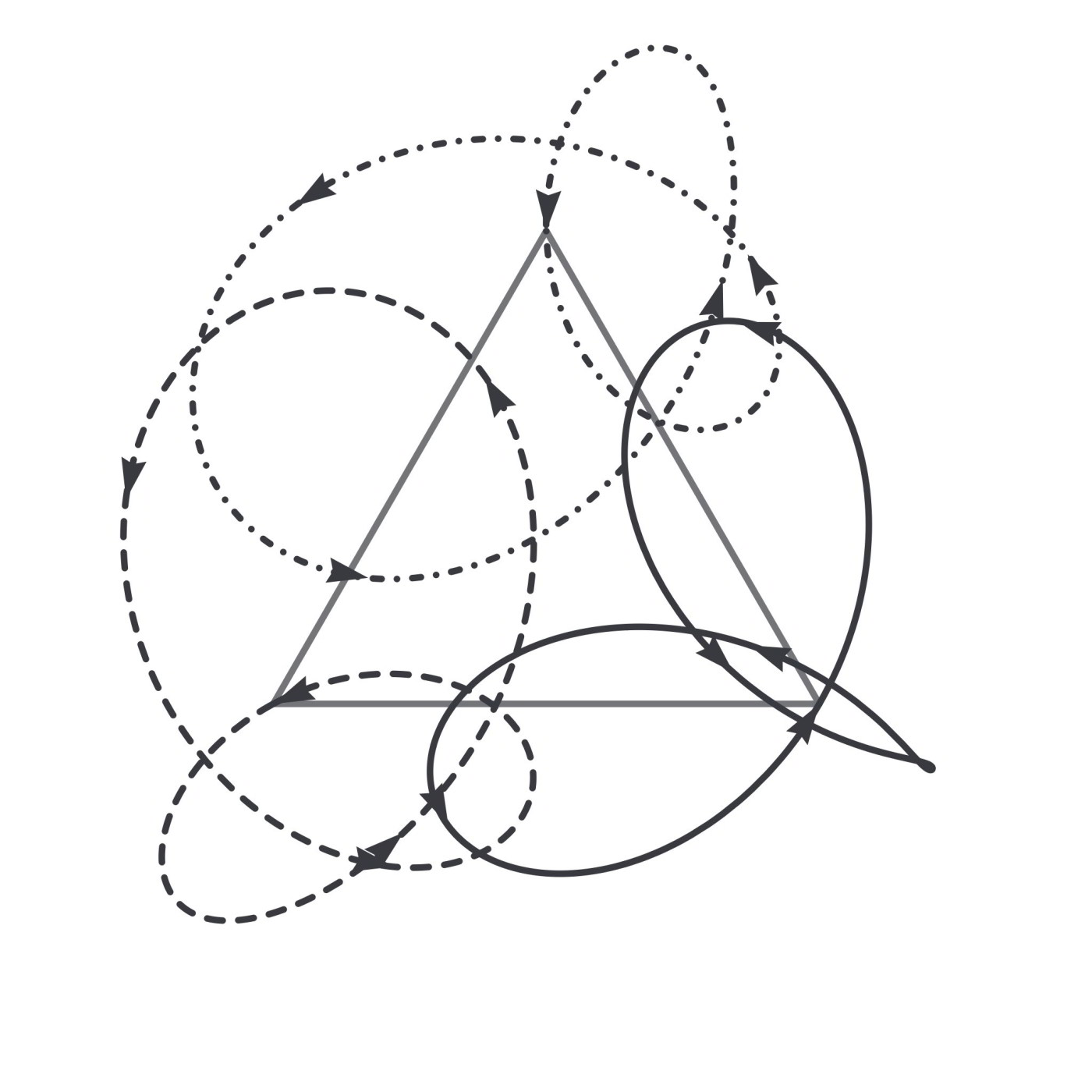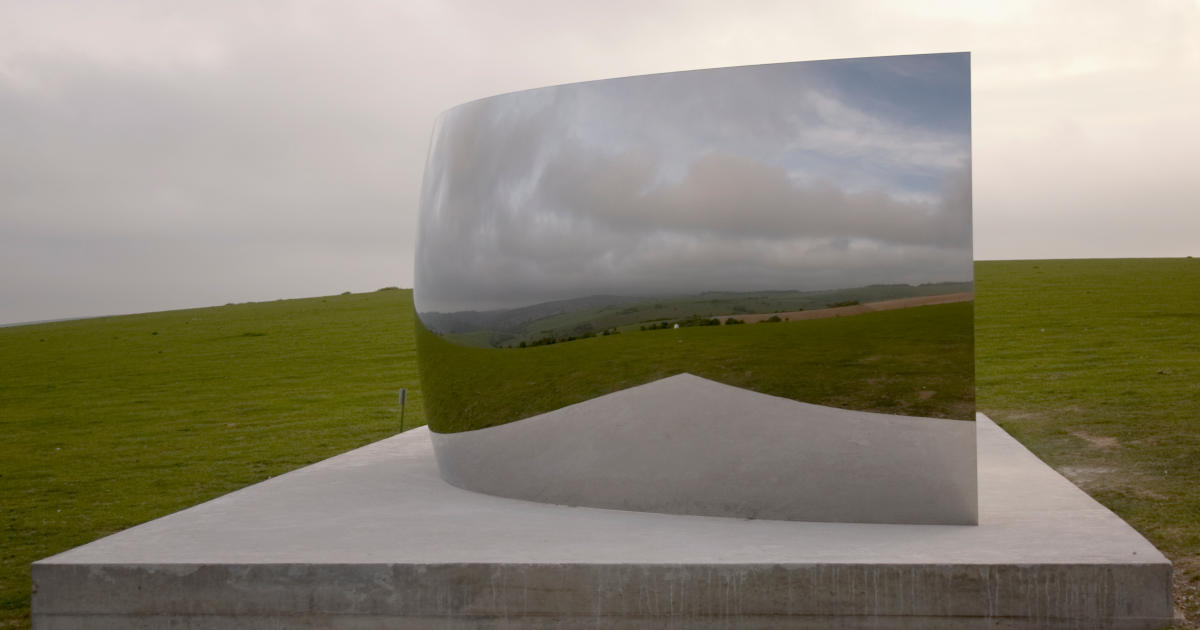“We’re blind to our blindness. We have very little idea of how little we know. We’re not designed to know how little we know.”
I just finished two incredible books about entirely different subjects with the same central theme:
We are searching for meaning in the midst of massacres by blinding ourselves to our ultimate destruction.

In Machines Like Me, Ian McEwan leverages his skills as a novelist to craft a story that reveals the dangers inherent with Artificial Intelligence (AI)—a subject Ray Kurzweil detailed in his non-fiction book The Singularity is Near: When Humans Transcend Biology. In The Overstory, Richard Powers suggests, through nine different characters, how trees are speaking to us, but we are not listening or seeing.
Essentially, he posits that humans are destroying the natural conditions necessary for their own survival.
Both books present dark views on the fate of humanity given our ability to self-justify, to act only out of short-term self-interest, and to blind ourselves to the consequences of our actions.
With captivating style, McEwan illustrates what happens when human robots are programmed to act rationally (and only) on principles independent of feelings. In this case, Adam, one of 25 human-like robots designed by Turing and associates, is bought by a lazy stock trader to make his life even easier. Adam has access to the world’s information and is able to process it instantaneously according to his programmed principles. In so doing, he discovers not only the horrors of the world, but also the literary and artistic beauty humans have created throughout history.
Given his access to troves of data, Adam can’t comprehend how humans are able to willfully overlook what’s readily available, get distracted by their daily lives, and continue to ignore both tragedy and mystery.
Adam is able to engage in deep discussions with scholars about Shakespeare in the evenings and make tons of money on stock trading during the day.
What he is unable to do is lie to himself and others about the dark side of illusory intentions.
Here is quote from the book that defines the problem:
“We create a machine with intelligence and self-awareness and push it out into our imperfect world. Devised along generally rational lines, well disposed to others, such a mind soon finds itself in a hurricane of contradictions. We’ve lived with them and the list wearies us. Millions dying of diseases we know how to cure. Millions living in poverty when there’s enough to go around. We degrade the biosphere when we know it’s our only home. We threaten each other with nuclear weapons when we know where it could lead. We love living things but we permit a mass extinction of species. And all the rest – genocide, domestic murder, child abuse, school shootings, rape, and scores of daily outrages. We live along-side this torment and aren’t amazed when we still find happiness, even love. Artificial minds are not so well defended.”

In the second book, with exhaustive detail, Powers observes that people are best able to see what most looks like them.
He suggests through his characters that trees are social creatures that care for one another, communicate, learn, trade goods and services, and are self-aware. Powers, a Pulitzer-Prize winning author, explores our most complex social questions creatively and skeptically at the same time. The over-riding theme of the The Overstory addresses the question of what went wrong with humankind. One of his characters, a psychologist, studies the ways in which people blind themselves to catastrophes, particularly those that occur gradually.
Another character concludes that we don’t make reality, we just evade it by looting natural capital and hiding the costs.
The character says, “the bill is coming and we won’t be able to pay. “ Powers reveals the inconvenient truth that towering trees are toppling down all around the world to fuel humans’ endless pursuit of profit. Forests larger than most countries are vanishing but we blind ourselves to the implications.
For me, these two books give contemporary meaning to the parable in Mathew 13-13:
“Though seeing, they do not see; though hearing, they do not hear or understand.”
Powers explores how the legacy of our past will haunt our future; McEwan anticipates how the technologies we develop in the future may create a world that has no resemblance to our past. Both conclude that blindness will cause of our demise—we observe but do not see; we hear but do not understand.
The questions for me are:
- What will it take for us to wake up to the destruction we are creating?
- Why do we want to stay asleep?
- How do we motivate ourselves to find meaning in the midst of massacres?
WHAT:
Let me turn once again to Gurdjieff for some insight into this question.
Gurdjieff’s primary mission was to mercilessly destroy the illusions we have about ourselves and the world.

Not a bad starting point. The difficulties in accomplishing that goal have to do with self-justification, identification, laziness, and imagination. As humans, we have developed an amazing capacity to justify most of our actions. We resist ownership and accountability. And, as Daniel Kahneman says in the opening quote, “we are blind to our blindness.”
We also tend to over-identify with our roles, racial tribes, and national origins. When we are over-identified, it’s practically impossible to open up to different points of view and possibilities. And, finally, we imagine ourselves as being the reason the universe exists when, in fact, our 200,000 years of existence only constitutes .0005 of earth’s existence (200,000 years of human existence divided by 4 billion years of earth’s existence).
WHY:
Numbing ourselves to the realities of the world protects us from the hard jolts.
We develop buffers to keep us comfortable, safe, and guilt free.
It’s much easier to pretend there are no problems than it is to face the truth. When we are confronted with facts about ourselves and/or the world, we tend to get defensive, evade the evidence, and close down our thoughts, feelings, and senses. We bury our heads and hope for the best. It’s scary to take a hard look at the truths about ourselves and the world. Making the effort to do what is required of us takes too much discipline and perseverance. Clearly, there are many good reasons to keep our blinders on.
HOW:
Aaaah. Here’s the hard question.
If you have absorbed any part of this dark picture, I’m sure you are hoping for a little light.
Oh how I wished I had a magic wand or an easy solution. I don’t. But there are a few possibilities that may be worth examining.
To me, the first two steps are to notice and open.

We need to see clearly and objectively what is really happening to our earth, to our culture, and to civilization. Indeed, we need to see calmly and clearly what’s happening to us and to our loved ones. We need to find ways to move in harmony with the universe and at peace with all species. We need to be more sensitive to the assaults on our civilizations and our social circles. We need to welcome fresh new ideas into our thinking and embrace new possibilities in every moment. We need to develop the discipline to stay focused and play our parts in responsible ways. We need to hold ourselves and our leaders accountable for civility and decency. We need to collaborate to enhance the common good. If only those ideas were easy to put into practice.
I have always admired the Buddhists’ commitment to a disciplined practice. In the Buddhist cultures I have visited, I have always found the people to be extremely kind, loving, and gracious. I’m not a Buddhist, but I appreciate the joy they seem to exude in each moment. I’ve always loved the Buddha smile.
Viktor Frankl, in Man’s Search for Ultimate Meaning, shares his story of being imprisoned in a concentration camp during the Holocaust. What kept him alive was the discipline to search for possibilities against the backdrop of reality.
Frankl claims that to be human is to yearn for meaning in our lives which can only be found through the acceptance of responsibility and by transcending the self through work and love.
For me, accepting responsibility and seeking transcendence through work and love provide the best paths toward meaning in the midst of massacres of one form or another.
Beyond those platitudes and principles, I believe we need to work harder to create deep connections and beloved communities. Above all, we need to take the blinders off. We need to notice what’s happening here and now and be open to the possibility for change. May it be so.




May it be so indeed! Thank you Ricky-I love you and I so love and enjoy your posts!